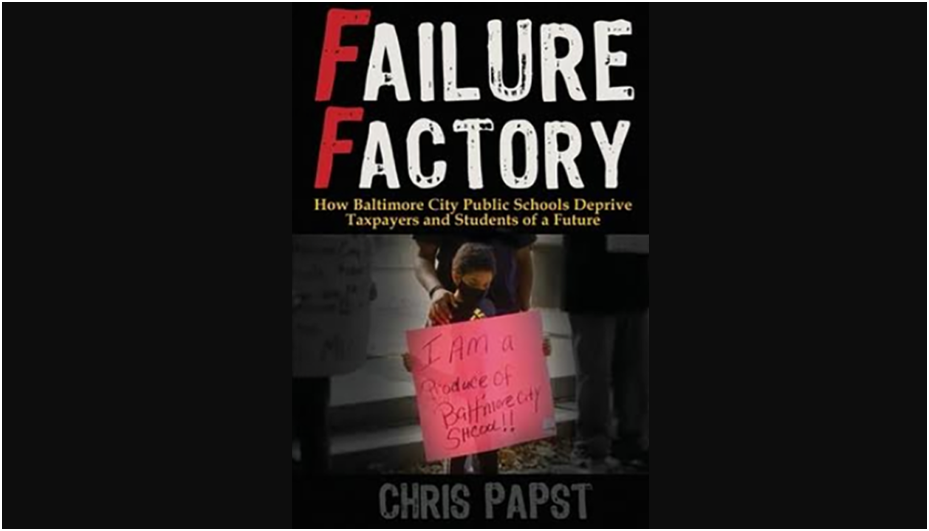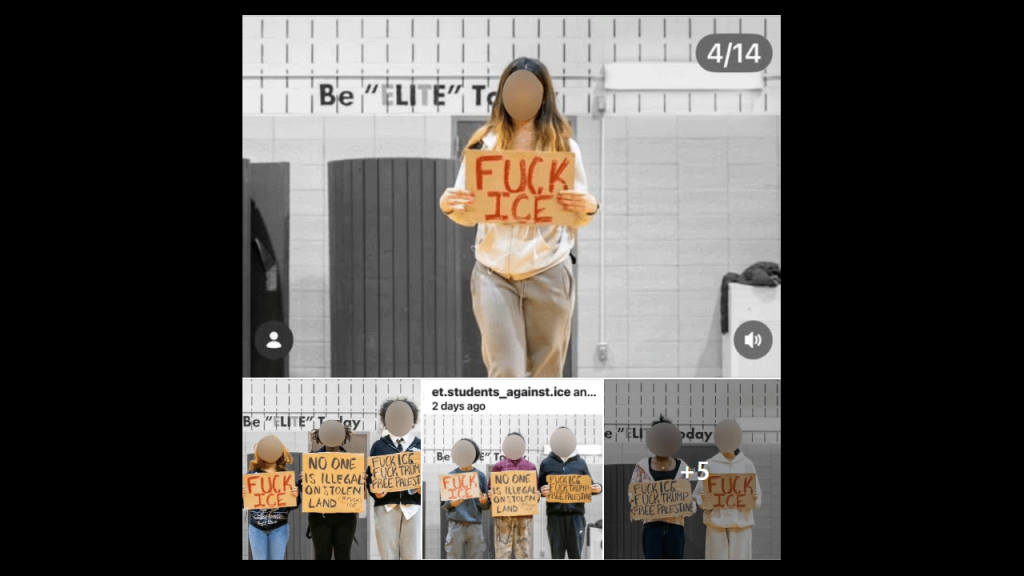
Race-Based Affinity Groups Should Be Open to All Students, Biden Admin. Tells Schools
Schools can provide students of the same race or national origin with spaces or activities to discuss shared experiences as long as they do not exclude other students from participating, a letter to educators from the U.S. Department of Education says.
The “dear colleague” letter, which the Education Department’s office for civil rights released Aug. 24, provides guidance to school districts, colleges, and universities on how they can create racially inclusive environments without violating Title VI of the Civil Rights Act, which prohibits schools from excluding anyone from federally funded programs or activities based on race.
“This guidance clarifies that a school-sponsored or recognized group or program with a special emphasis on race, such as a student club or mentorship opportunity, that is open to all students, typically would not violate Title VI simply because of its race-related theme,” Catherine Lhamon, the assistant secretary for civil rights at the Education Department, writes in the letter.
The guidance affirms that schools can facilitate frank discussions about race in classrooms as long as all students are invited to participate. It also certifies that the federal government has a limited role in investigating complaints related to school curricula unless race-related curricula create a hostile environment in the school. The Biden administration issued the guidance as a number of states have passed laws limiting instruction and classroom discussions about race and racism, and as conservative activists have targeted affinity groups meant to provide a supportive space for students of a common race or heritage.
Civil rights groups, including the Leadership Conference on Civil and Human Rights, praised the department for releasing the guidance, as it provides more clarity to school leaders on what is and isn’t legal under federal law and how the Biden administration might approach enforcement of Title VI.
“The civil rights community has called for such guidelines over many months and welcomes this much needed step in the fight to ensure equal opportunity for all students,” Maya Wiley, the president and CEO of the conference, said in a statement. “The guidance reminds schools and districts that our civil rights laws prohibit discrimination in all its forms—not only those instances where the intent to discriminate is made explicit.”
How schools can create inclusive environments
The letter provides multiple examples of how schools may create racially inclusive environments without alienating groups of students and how the office will respond to allegations that such efforts violated the law.
When it comes to school programming and curricula, the office will not “involve itself in complaints based on the content of a school’s academic course materials or related discussions absent allegations of discrimination,” the letter says.
For example, the office would likely not investigate a complaint over a school launching a program that requires students to read a book about race discrimination and racial justice because the requirement appears to apply to all students. The civil rights office would only investigate such a complaint if the school used the reading requirement to treat students differently based on race.
The same situation applies to curricula that aim to teach about the history of a specific racial, ethnic, or national group. In the letter, the department cites a requirement that students take a Mexican-American history class as an example.
The office would likely not investigate a complaint about the requirement violating Title VI if all students, regardless of race, were required to take the class and there were no allegations that the district enforced the policy differently for students of different races, the letter says.
Schools aiming to create spaces for students to discuss race also have to include everyone. In another example, the letter outlines a situation in which a school decides to have an assembly for its Black students after several high-profile police shootings of Black victims to give those students a forum to express their feelings. In the example, several white students ask to participate and are turned away by school officials, who say that the program was designed specifically for Black students.
Such a decision would provide cause for the office to investigate because the white students were excluded from the assembly.
The office for civil rights investigates in response to complaints it receives alleging discrimination. If investigators find discrimination has occurred, it can require that districts make changes in response, such as by changing policies, conducting staff and student training, and conducting school climate surveys.
The office can also withhold federal funds from an educational institution or refer a complaint to the U.S. Department of Justice.
When curriculum creates a hostile environment
There are instances when OCR may investigate because a specific course or curriculum content is objectively offensive and creates a hostile environment. Course content can lend itself to such an environment by being “subjectively and objectively offensive” and “so severe or pervasive that it limits or denies a person’s ability to participate in or benefit from the [school’s] education program or activity.”
Content that promotes hateful or demeaning racial stereotypes or violence toward people of a particular race is also considered hostile, even if it doesn’t target a specific person, the letter says.
In the letter, the department uses an example of a teacher covering a unit on World War II that teaches the Holocaust did not really happen. In the example, the teacher asks all students to question how the class’ textbook depicts Adolf Hitler and write an essay “on how people of Jewish ancestry caused economic and other societal problems in Germany.”
In the example, the teacher also asks individual students to reenact episodes from that era, including having some students play the part of Nazi guards “who are portrayed as patriots who were ‘only trying to preserve a unified and culturally cohesive German society.’”
The OCR said it would likely investigate such a complaint despite its stated policy of not typically reviewing schools’ curriculum choices. That’s because the allegations about the teacher’s conduct could be both objectively and subjectively offensive and potentially limit a student’s ability to participate in or benefit from the services, activities, or opportunities at the school because of antisemitism.
“Further, OCR could investigate this claim even though the teacher did not target students who were of Jewish ancestry, as harassing acts need not be targeted at a particular person in order to create a hostile environment,” the letter says.
Such a situation would become a violation of Title VI if the school failed to end the harassment, eliminate any hostile environment, and prevent harassment from recurring, according to the letter.
Dig Deeper With Our Longreads
Newsletter Sign up to get our best longform features, investigations, and thought-provoking essays, in your inbox every Sunday.
The MEN was founded by John Huber in the fall of 2020. It was founded to provide a platform for expert opinion and commentary on current issues that directly or indirectly affect education. All opinions are valued and accepted providing they are expressed in a professional manner. The Maryland Education Network consists of Blogs, Videos, and other interaction among the K-12 community.








